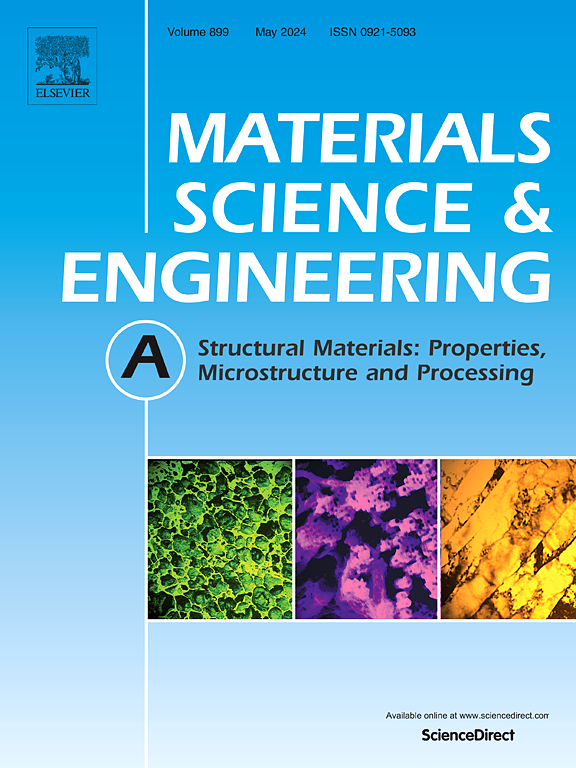Fabrication and fracture toughness evaluation of AgCu/MoS2 composites: Insights from micro-mechanical characterization
IF 6.1
2区 材料科学
Q1 MATERIALS SCIENCE, MULTIDISCIPLINARY
引用次数: 0
Abstract
This study investigates the fabrication, fracture toughness, and load-dependent wear mechanisms of AgCu/MoS2 composites to enhance the understanding of their tribological performance under varying load conditions. The AgCu/MoS2 composites were fabricated through resonant acoustic mixing powder metallurgy at 780 °C in a hydrogen atmosphere. Nano-scratch and nanoindentation tests were employed to assess the fracture toughness, friction coefficient, and wear behavior under different applied loads. Results showed that as the load increased from 50 mN to 400 mN, the material exhibited a decrease in hardness and elastic modulus, indicating enhanced plastic deformation at higher loads. Tribological tests revealed that increasing the load caused a transition in the wear mechanism from pitting to crack propagation and delamination, resulting in a decrease in wear resistance. Additionally, the fracture toughness, evaluated through the nano-scratch method, was found to be 3.04 MPa , aligning with experimental observations. This study provides valuable insights into the load-dependent wear mechanisms of AgCu/MoS2 composites, offering a theoretical basis for optimizing silver-based composites in tribological applications.
求助全文
约1分钟内获得全文
求助全文
来源期刊

Materials Science and Engineering: A
工程技术-材料科学:综合
CiteScore
11.50
自引率
15.60%
发文量
1811
审稿时长
31 days
期刊介绍:
Materials Science and Engineering A provides an international medium for the publication of theoretical and experimental studies related to the load-bearing capacity of materials as influenced by their basic properties, processing history, microstructure and operating environment. Appropriate submissions to Materials Science and Engineering A should include scientific and/or engineering factors which affect the microstructure - strength relationships of materials and report the changes to mechanical behavior.
 求助内容:
求助内容: 应助结果提醒方式:
应助结果提醒方式:


